Publications
Articles, publications, books, tools and multimedia features from the U.S. Institute of Peace provide the latest news, analysis, research findings, practitioner guides and reports, all related to the conflict zones and issues that are at the center of the Institute’s work to prevent and reduce violent conflict.
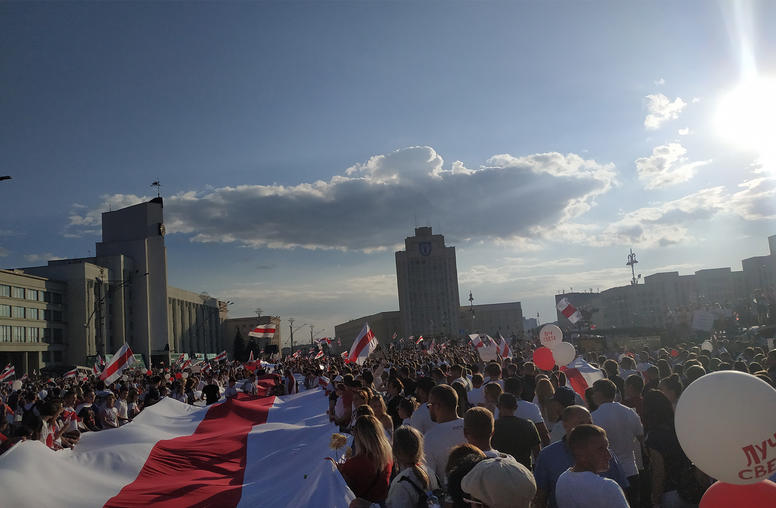
What’s Next for the Peaceful Uprising in Belarus?
Recent weeks have seen a massive outpouring of peaceful public protest in Belarus after an election widely believed to be fraudulent. Hundreds of thousands of Belarusians have taken to the streets to demand that longtime authoritarian President Alyaksandr Lukashenka step down and another democratic election be held.
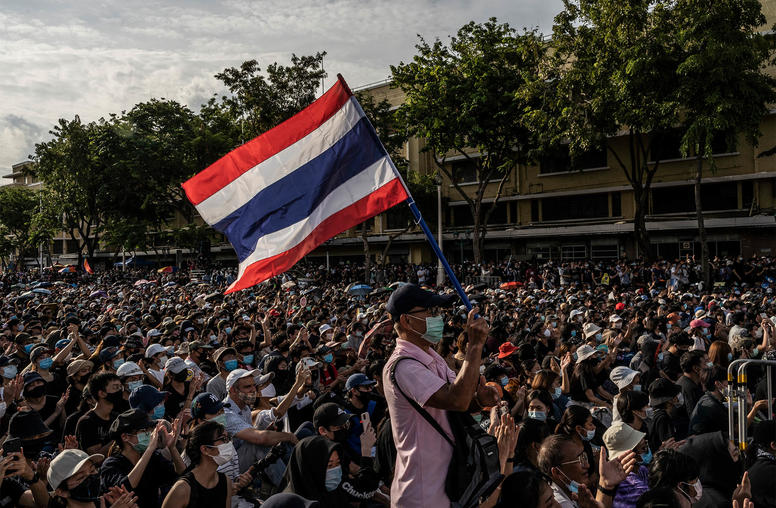
Thailand’s Political Protests Wade into Unprecedented Territory
Thailand’s recent protests have burgeoned into a powerful movement that is challenging the country’s longstanding social and political orders. Along with calls for democratic and constitutional reform, many Thai youth and activists have begun openly criticizing the monarchy’s role in public life—something that has long been unthinkable in a country where the monarchy plays a central role in society. USIP’s Brian Harding examines what sparked these unprecedented demonstrations, the resistance protesters have faced from Thailand’s powerful military and government, and where the movement might lead.
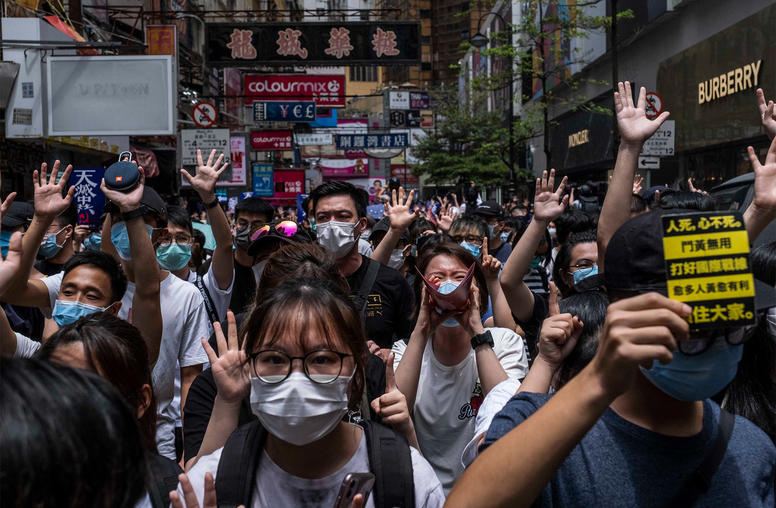
Mediating Mass Movements
People power is a defining feature of our time. In 2019, movements in Sudan and Algeria forced entrenched military dictators from power. In Hong Kong, millions of citizens have taken to the streets to demand democratic self-rule. Chile, Colombia, Lebanon and Iraq faced popular uprisings by citizens railing against corruption, government incompetence and dysfunctional political and economic systems. These protests are happening at a time of resurgent authoritarianism, marked by a 13-year global decline in civil and political rights and an erosion of the rule of law. Widening inequality, rampant corruption, and the fraying of social contracts between governments and their citizens are at the roots of many of these conflicts.
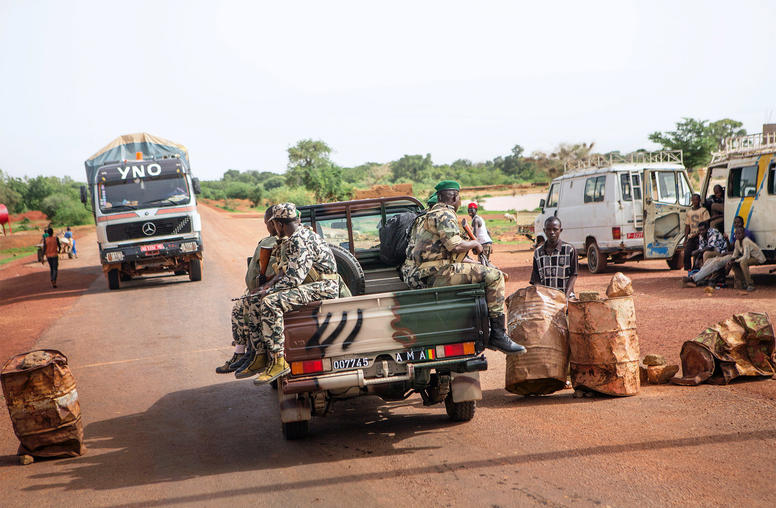
Mali’s Coup: Harbinger of Hope or Uncertainty
Last year was one of the most dramatic years of nonviolent action in recent memory, with millions taking to the streets to push for greater economic equality, democratic representation, and social justice. Some of the most dramatic uprisings took place in Africa, where longstanding repressive political regimes were forced from power in Sudan and Algeria, and protests over fuel prices in Zimbabwe led to a government crackdown. The recent almost entirely bloodless coup Mali, in which soldiers abducted President Ibrahim Boubacar Keita and forced him to resign capped a similar uprising, but is complicated by the role of the military in the president’s ouster and the COVID-19 pandemic.
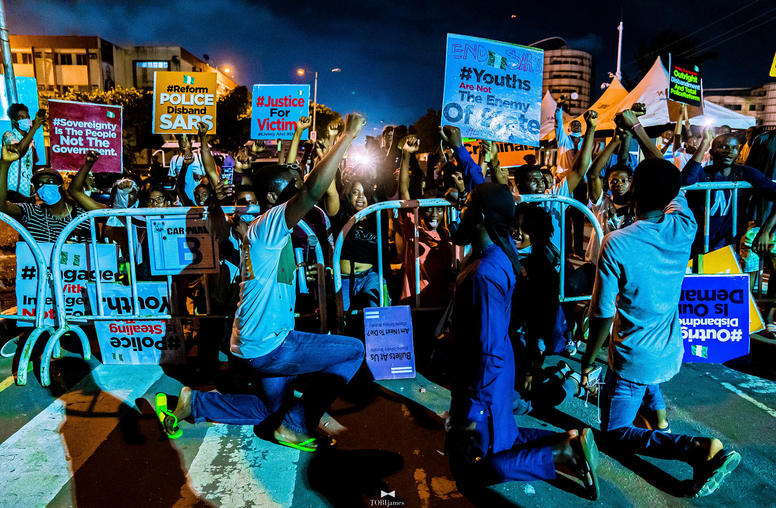
Protests Test Nigeria’s Democracy and its Leadership in Africa
Nigeria’s protests against police brutality already were the largest in the country’s history before security forces opened fire on a crowd in Lagos on October 20. The protest and bloodshed have only heightened the need for the government in Africa’s most populous country to end the pattern of violence by security forces against civilians. Leaders must finally acknowledge that this brutality has fueled violent extremism. How the Nigerian government will respond to citizens’ insistent demand for accountable governance will influence similar struggles—for democracy, accountability, nonviolence and stability—across much of Africa.
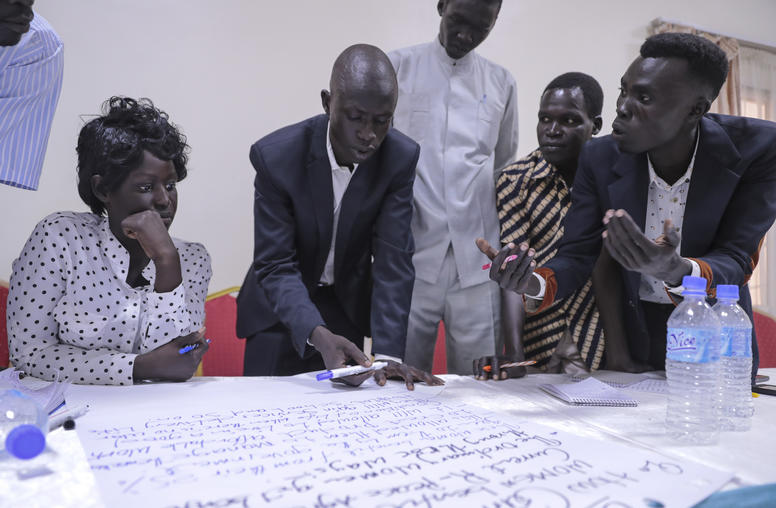
In South Sudan, Nonviolent Action is Essential to Building Peace
On September 12 of last year, South Sudan’s president, Salva Kiir, signed the Revitalized Agreement on the Resolution of Conflict in South Sudan (R-ARCSS) with South Sudan People Liberation Movement in Opposition chairman Dr. Riek Machar and several other armed groups. Meanwhile, South Sudanese civil society has sought to further advance the country’s peace process through coordinated, strategic nonviolent actions and campaigns.
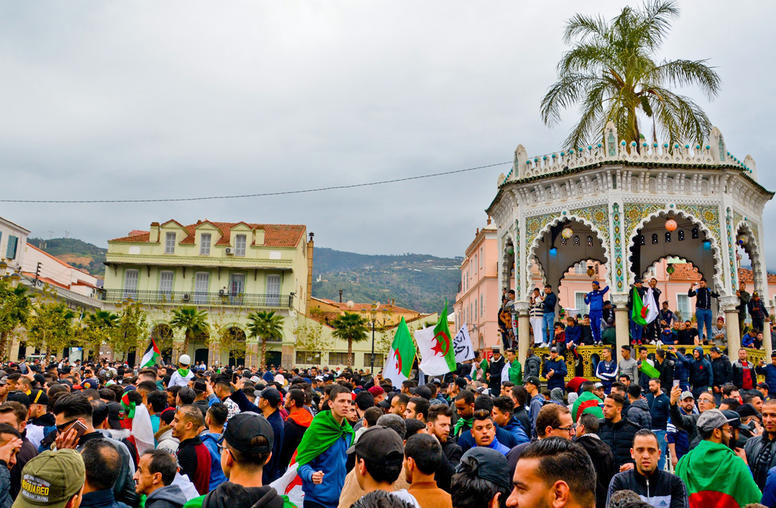
Will Algeria’s Protests Lead to Change and a Second Arab Spring?
In response to nationwide protests, Algerian President Abdelaziz Bouteflika announced he would not seek a fifth term to extend his 20-year rule. Bouteflika’s decision was greeted with celebration by the protesters, who saw it as the first victory in a potential democratic revolution. However, the upcoming presidential elections have been delayed, effectively allowing Bouteflika and a small group of ruling elites to govern indefinitely. What follows for Algeria is an uncertain period, one that echoes the “Arab Spring” that swept through the region in 2011. USIP’s Thomas Hill discusses Algeria’s future and the possibility of a second “Arab Spring” on the horizon.
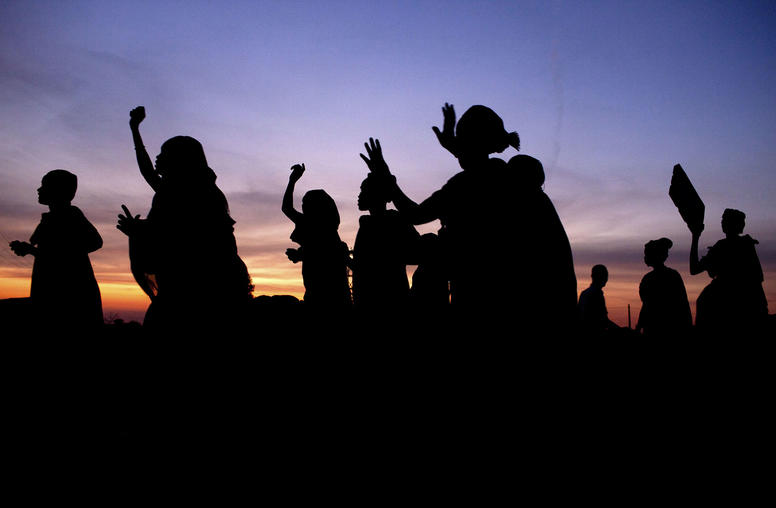
After Bashir, A New Dawn in Sudan? (Part 2)
Longtime Sudanese dictator Omar al-Bashir was ousted last Thursday, 30 years after he took power in the same fashion he was overthrown: by a military coup. The military takeover was spurred by months of popular protests over rising food prices, economic mismanagement and demands for a...
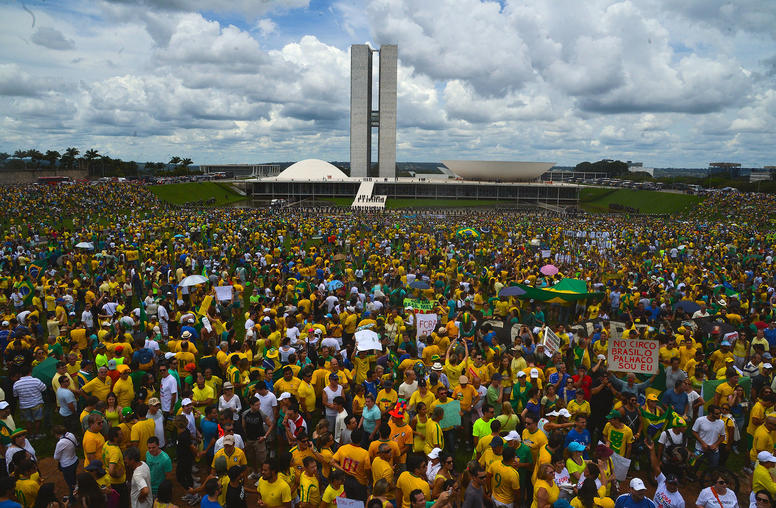
Five Things You Need to Know About Foreign Funding for Social Movements
From Kenya to Ukraine to Guatemala, citizen-led campaigns are fighting against corruption and demanding government accountability and transparency. Government donors and private foundation have increasingly supported such efforts. But, how does foreign funding impact the goals social movements seek to achieve and the tactics they use to get there? How does foreign funding impact a social movement’s ability to mobilize the masses? And what should external funders consider when supporting social movements? USIP’s Davin O’Regan discusses the finding of a forthcoming USIP Peaceworks examining the impact of external support to social movements focused on transparency and accountability.
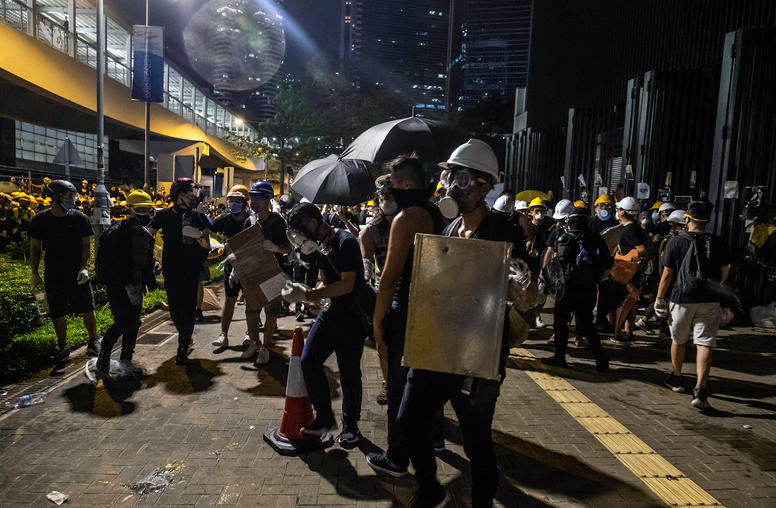
Hong Kong’s Turn to Violence Divides the Movement
The weeks of peaceful protests by millions of Hong Kong residents opposed to the erosion of their civil liberties turned violent Monday. After days of aggressive police crackdowns that injured protesters and drew criticism from international human rights groups, hundreds of protesters bashed through doors into the city’s legislature yesterday. USIP specialists discuss the escalation of the conflict between residents and the city’s authorities—and the implications for one of the territory’s largest protest movements since Britain handed it over to Chinese control two decades ago.